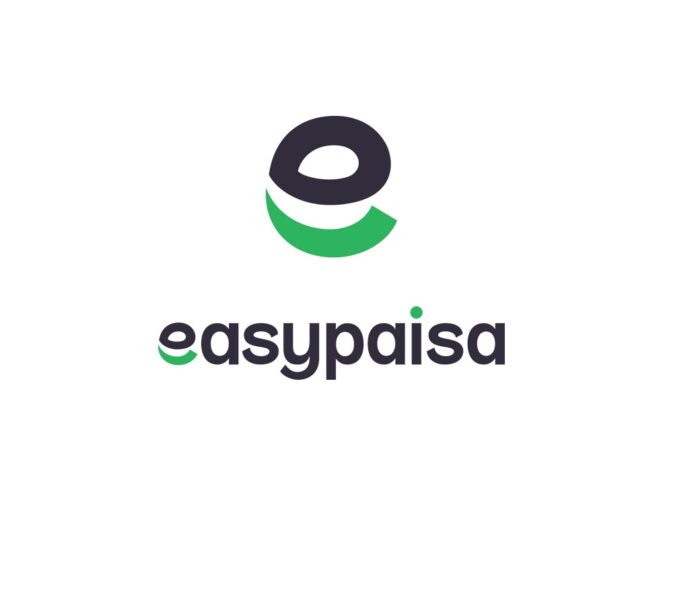Gulfishan Shaikh – Head of Treasury, Telenor Microfinance Bank/ easypaisa Interview
Please give a brief introduction about yourself and for how long have you been associated with the fintech industry?
Hi everyone, I am Gulfishan and I am qualified accountant , FCCA. I have been part of the financial services industry for last 17 years. My expertise spans across various areas including Treasury, CIBG, , Governance, Corporate Policy Making, and Digital Product/Strategy. I currently work as Executive Director/Head Treasury & Corporate Finance at Telenor Microfinance Bank Ltd/ easypaisa. My passion has led me to achieve various leadership certifications, including the prestigious IFC and Ali Pay course on harnessing the power of technology to promote financial inclusion. Further, I am associated with Fintech industry for last 9 years.
What is your perception about the term financial inclusion and why is it important?
Financial inclusion means that individuals and businesses have access to appropriate and affordable financial products and services that meets their needs and bring convenience in their lives. Financial Inclusion plays an essential role in bringing individuals such as those who live in rural areas, low-income households, and people in developing countries into the formal financial system and helps get documented which again has tons of other benefits for an economy. The significance of financial inclusion lies in its ability to enhance people’s lives and promote economic growth. Increasing financial inclusion is a comprehensive process which involves enabling appropriate, affordable and timely access for everyone in the society. Globally Financial inclusion continues to grow. Around 515 M adults opened a formal bank or m-wallet account between 2014 and 2017 according to world bank report which represents a 7% rise in FI.
It is difficult for women to access financial services in Pakistan, how is easypaisa ensuring that this barrier is removed, and women get easy access to financial opportunities?
Pakistan’s female population is more than half but remains largely excluded from the formal economy. On the digital wallets side, the numbers are slightly better than overall bank account ownership with females having 28 percent of BB accounts – but we have a long way to go in reducing this gap. One big operational barrier for women to own a digital bank account is to have their own mobile. As per industry data, only 33 percent women in Pakistan have access to cell phones.
To improve this ratio, access to mobile phones need to be improved because it is still a shared device in a lot of households. Greater access to smartphones can ensure greater access to digital mobile accounts which will inadvertently open new avenues for women.
At easypaisa, our primary focus are women as we intend to financially empower them. For this purpose, we have introduced a number of initiatives such as in app account opening facility, in app biometric verification. Additionally, women can perform several activities such as bill payment, mobile top up etc from the comfort of their home. Another feature that we have recently introduced is savings and investments.
Our savings feature can help women earn profits upto 14% annually without any hassle or excess documentation. At the same time, they can even invest their money in mutual funds through the easypaisa app. All these features will not just give them better control over their money but would help them forge a secure future for themselves.
The theme for International Women’s Day 2023 is “DigitALL: Innovation and technology for gender equality.” What do you think this means, and how can women in the fintech industry use this theme to challenge gender stereotypes and biases?
I think digitalization has challenged the conventional ways of conducting business and disrupted the market by making financial and non-financial services accessible to all. Women in fintech can have a significant impact on the industry by bringing diverse perspectives, innovative ideas, and new approaches to problem-solving. By promoting diversity and inclusion, they can create a more welcoming and supportive industry culture that attracts and retains top talent.
Moreover, women can help develop products and services that are tailor-made to solve issues faced by other women. They can help grow the industry by meeting the unique financial and non-financial needs of women and also help address the gender wealth gap. They can also promote the social and economic responsibility as a business practice and as a result, bring prosperity to the underrepresented group of the society.
Research has shown that companies with more diverse leadership teams perform better financially. How does your organization promote diversity and inclusion?
It is indeed true that companies with a more diverse leadership team perform better financially because diversity brings a wider perspective on the table, more ideas, multiple lenses to see a single problem, and different ways to tackle a problem.
At TMB/ easypaisa, diversity is maintained not only among the work force but also among the top leadership. Our organization has taken multiple initiatives to promote diversity at workplace. Whether it is Back to Get Her program that gives an opportunity to women on a career break to rejoin workforce or our women exclusive management trainee program, fempower, every effort is focused towards ensuring equal representation. Furthermore, we frequently conduct trainings and skill development workshop for our employees especially women to upgrade their skill set and make them future ready.
What advice do you have for other organizations that are looking to improve their diversity and inclusion initiatives, and what best practices have you found to be successful?
Organizations must establish a strategy for diversity and inclusion to foster an inclusive workplace culture. This is crucial to build diverse talent pipelines, measure and track progress, and hold leadership accountable for progress.


